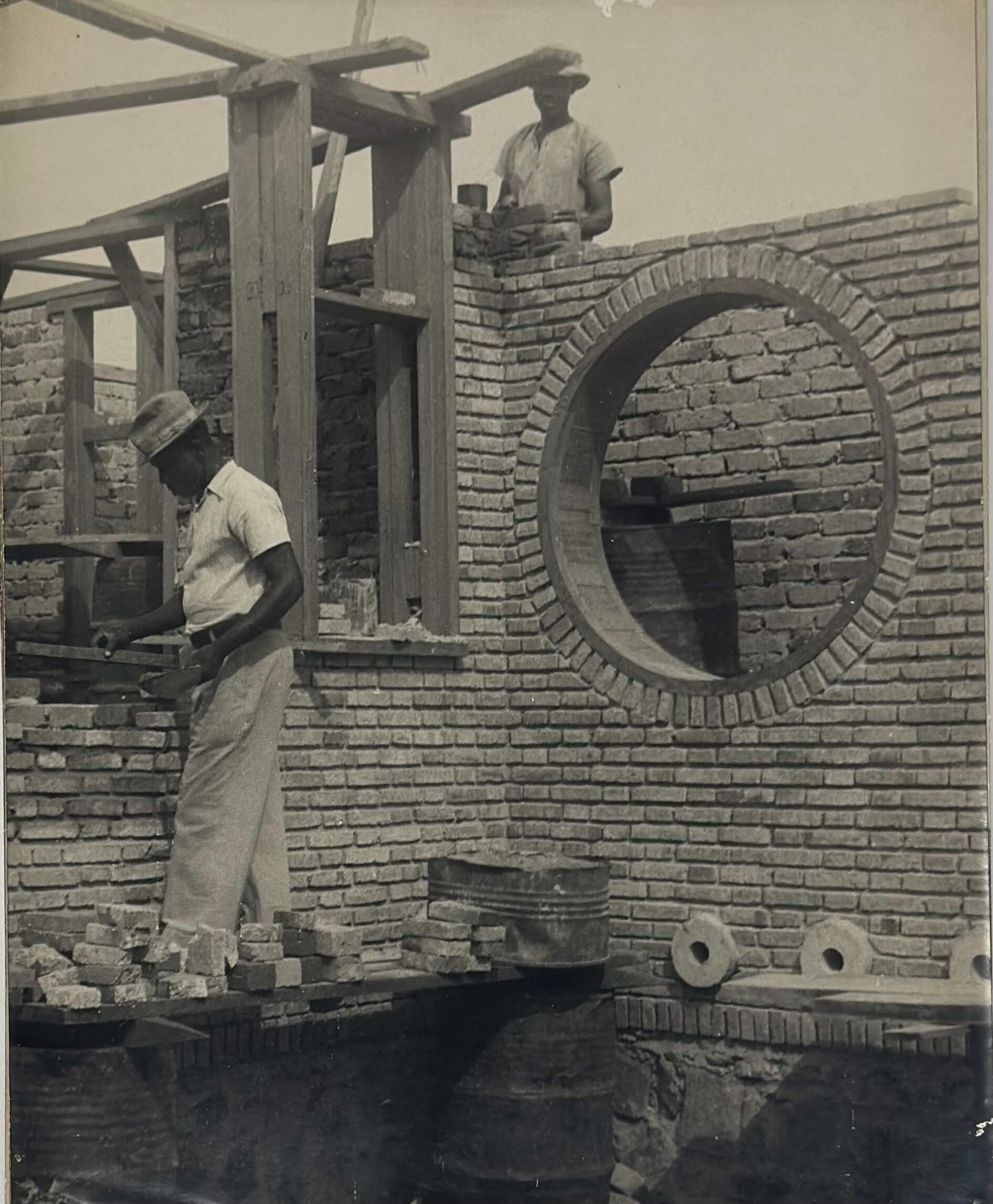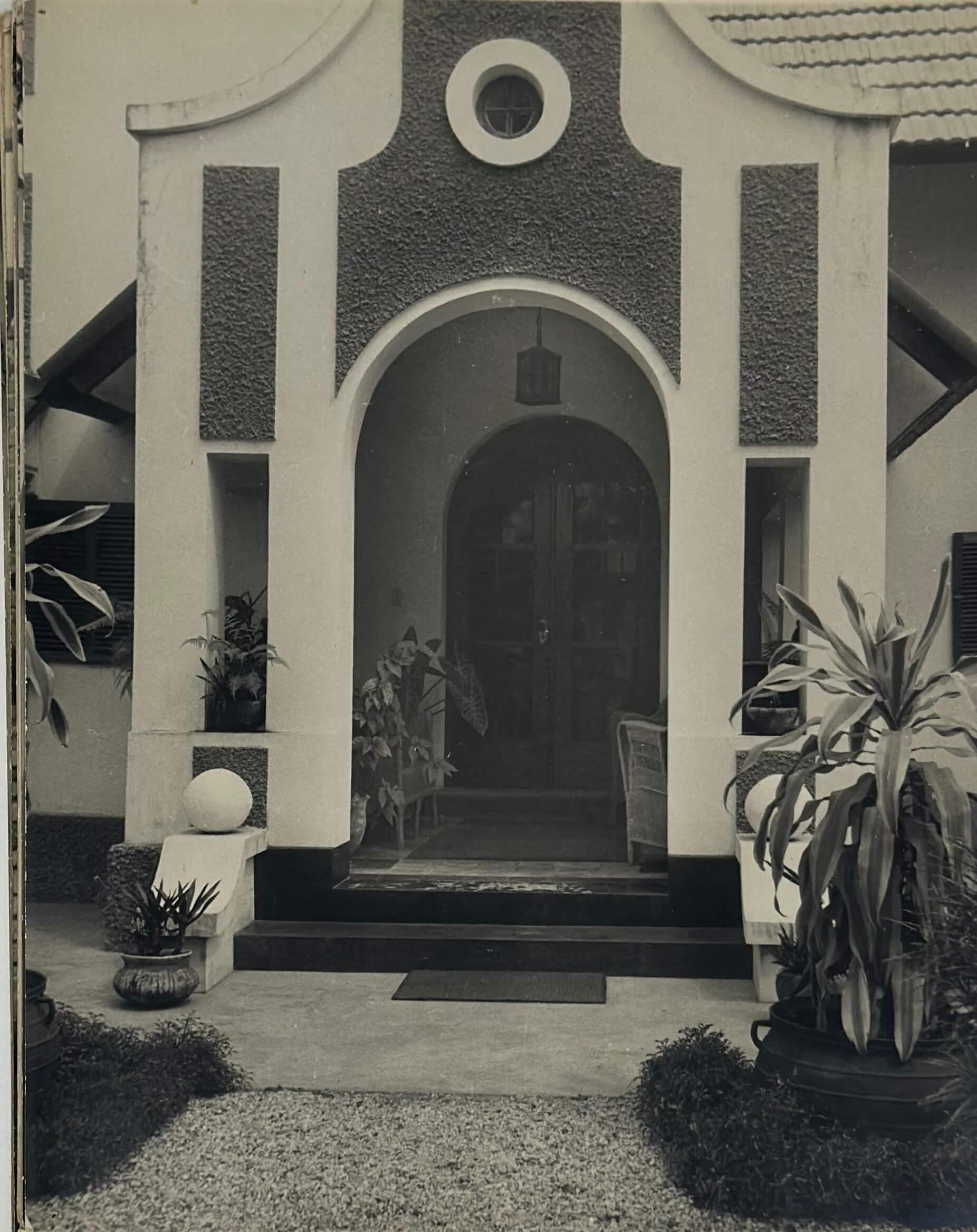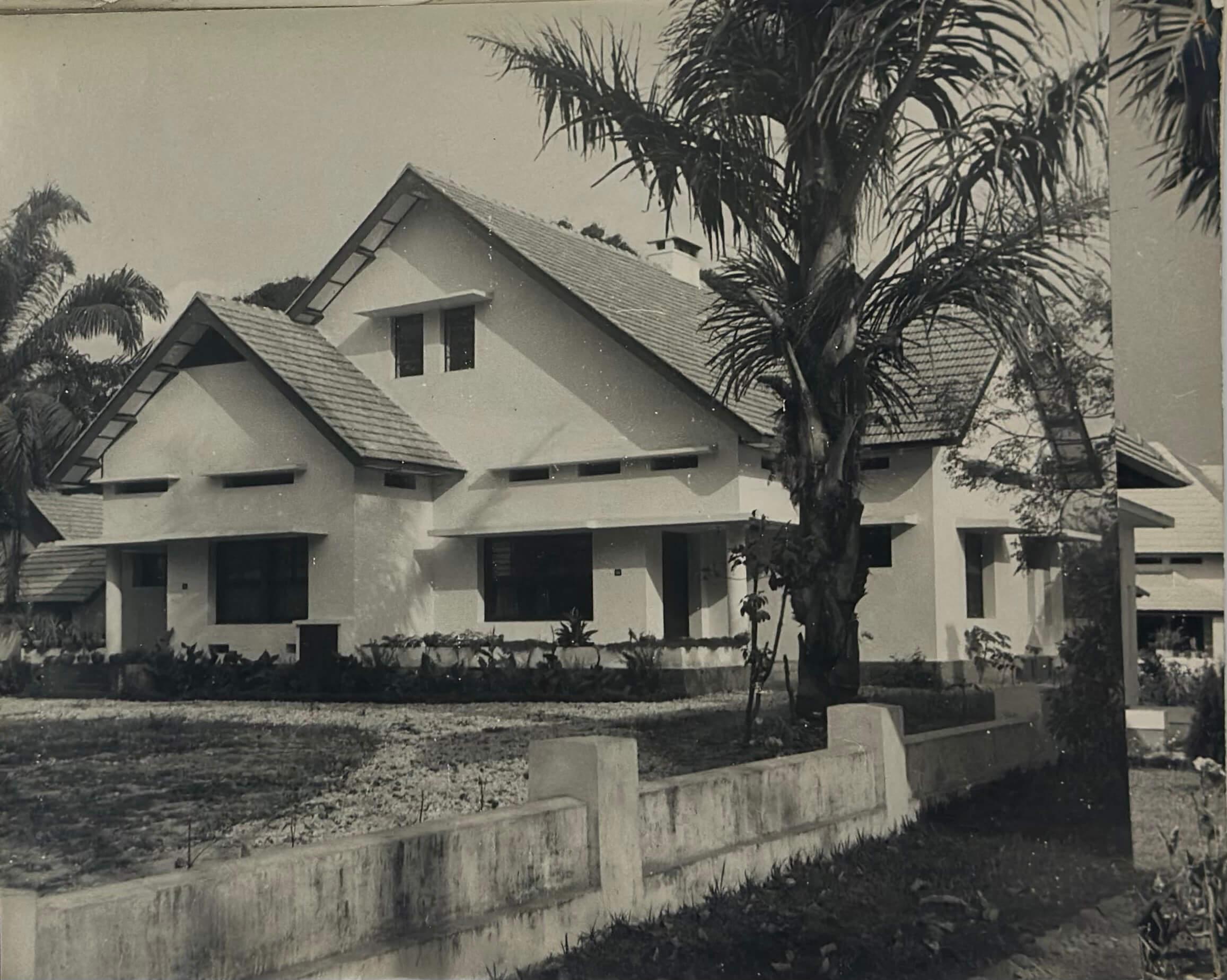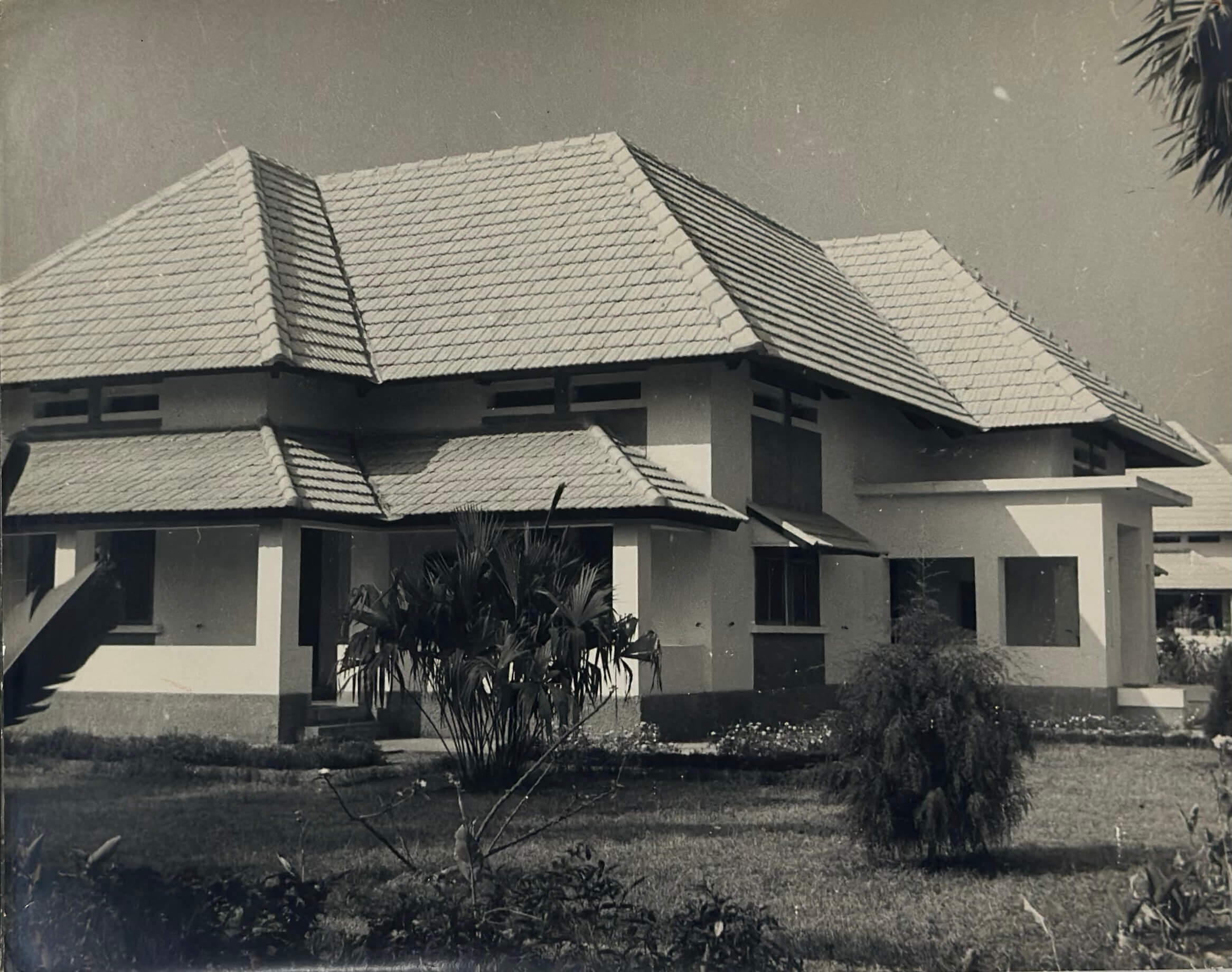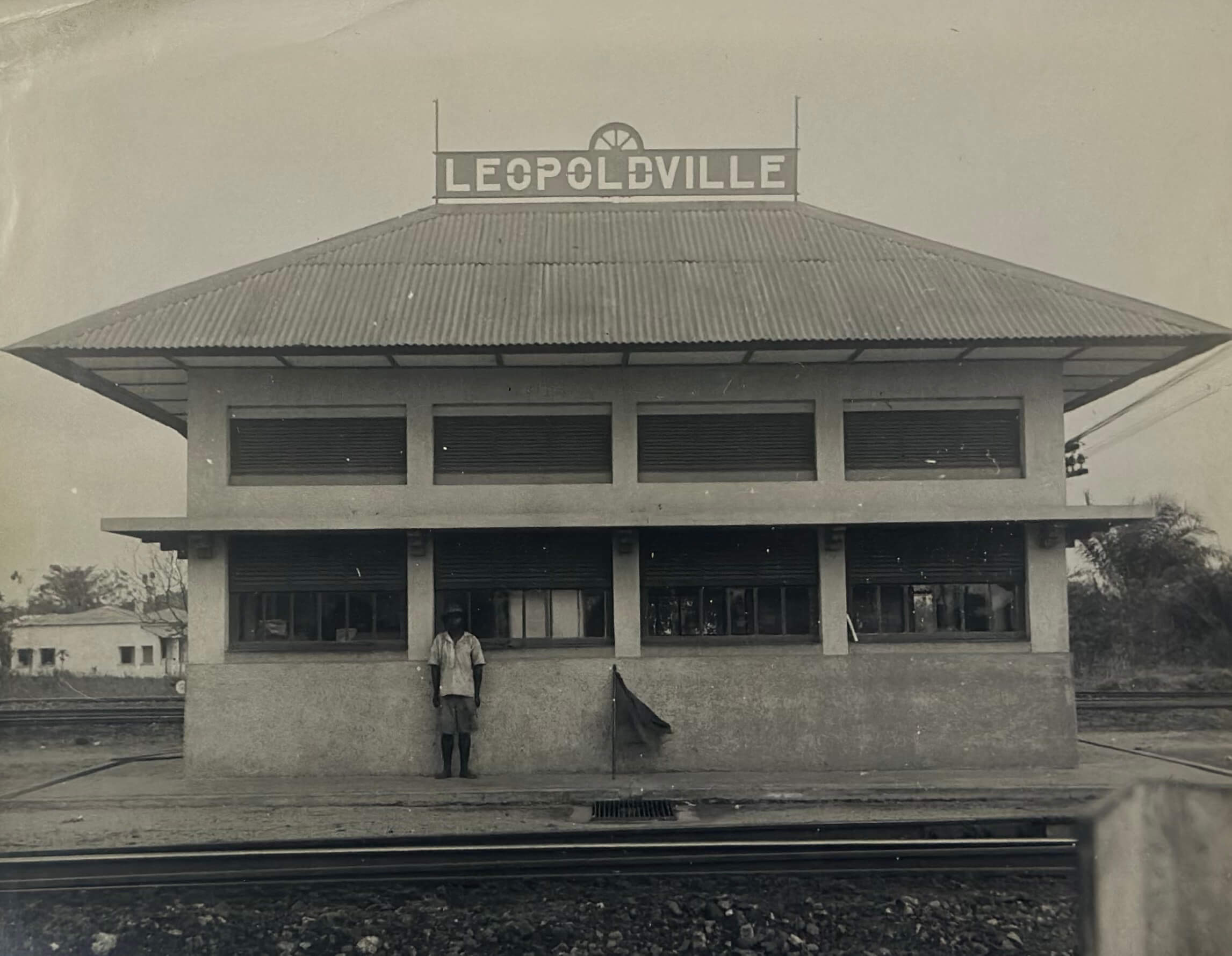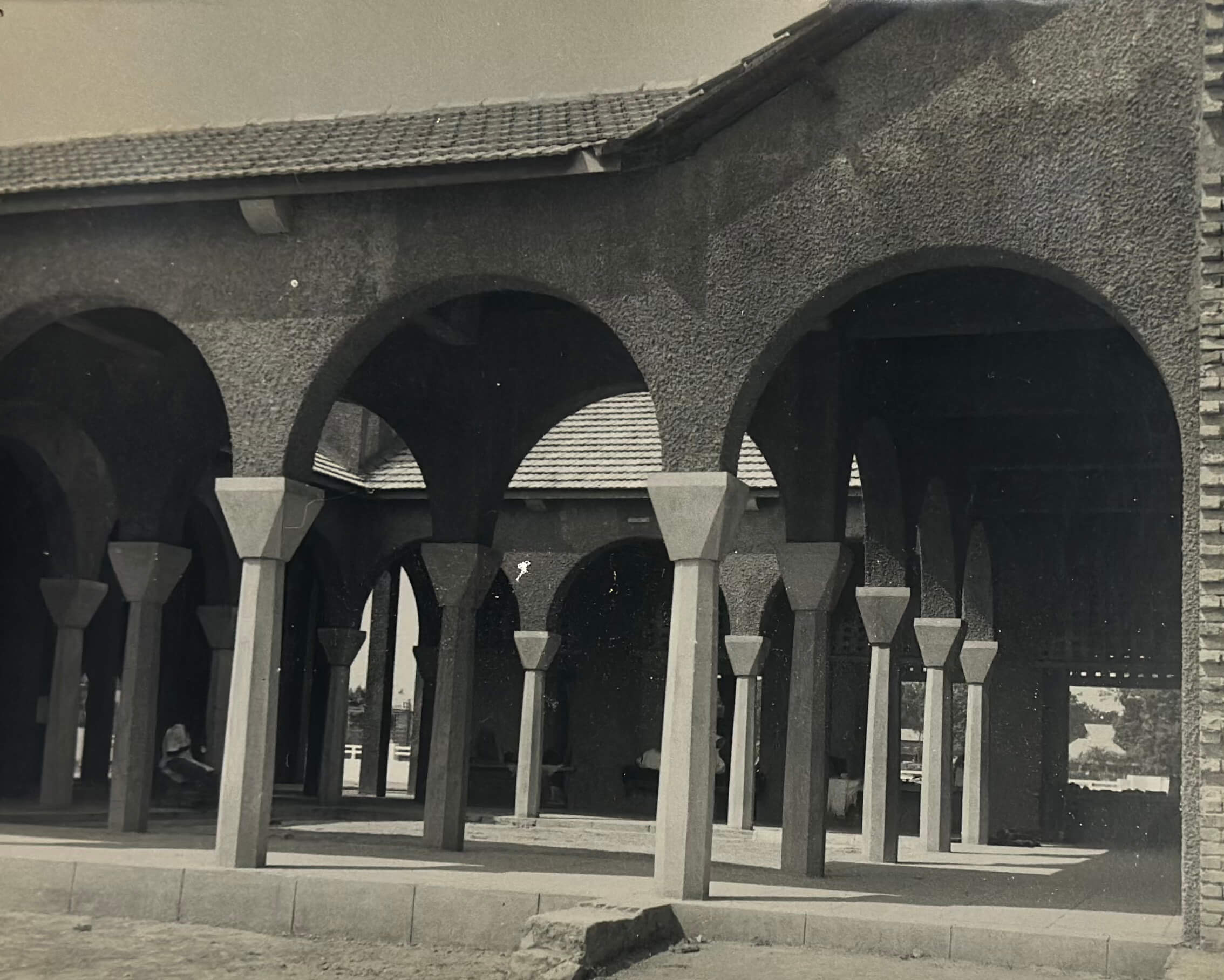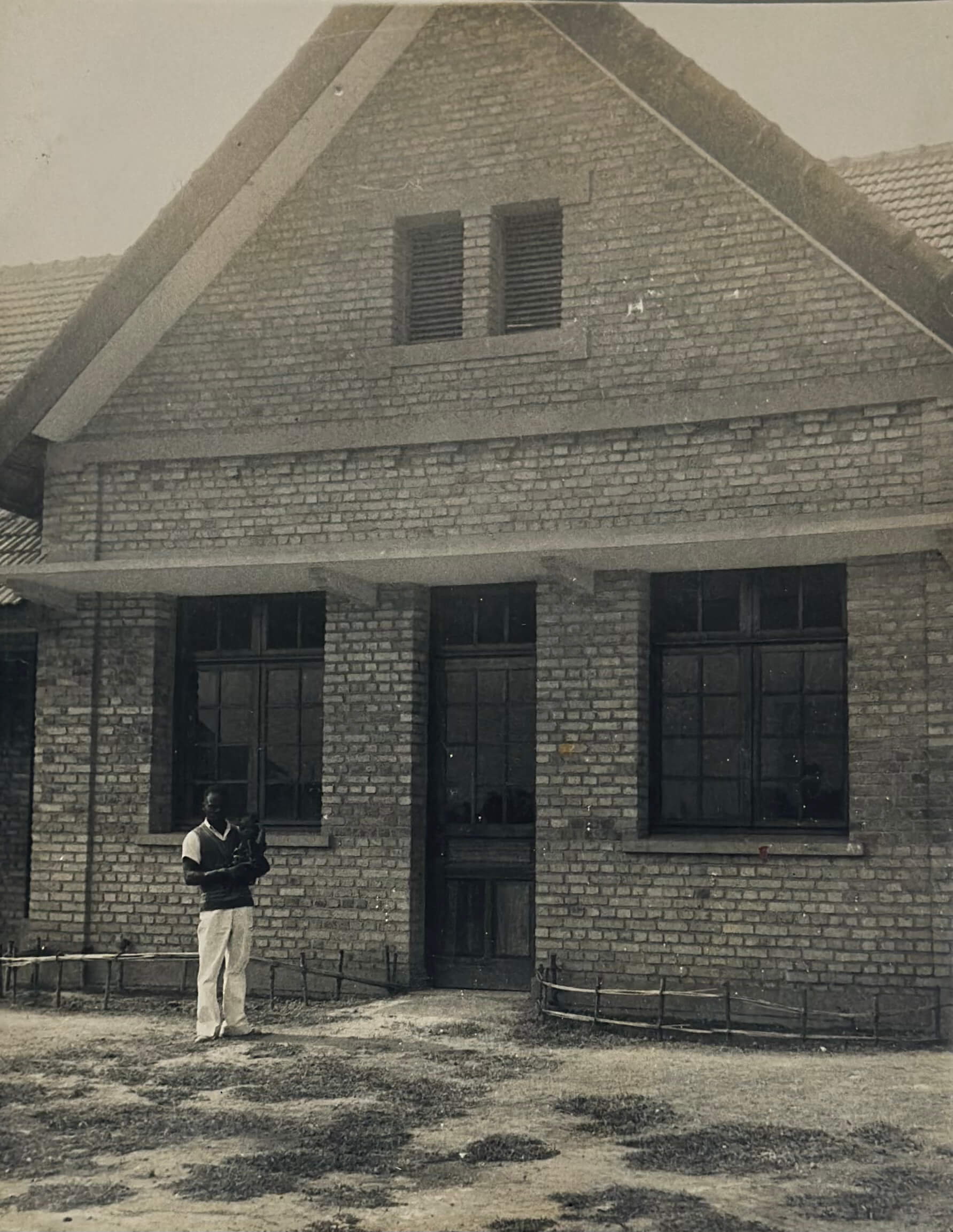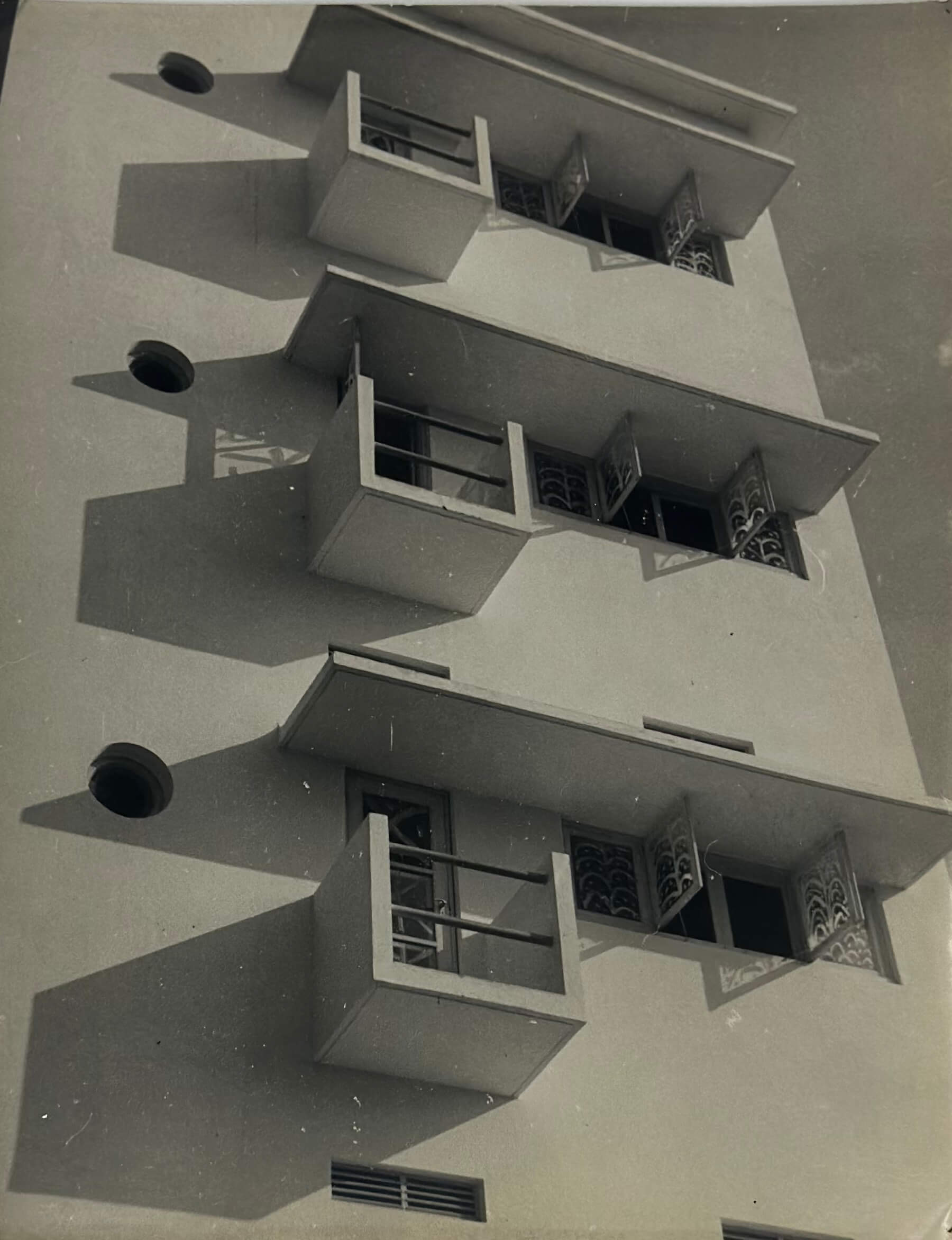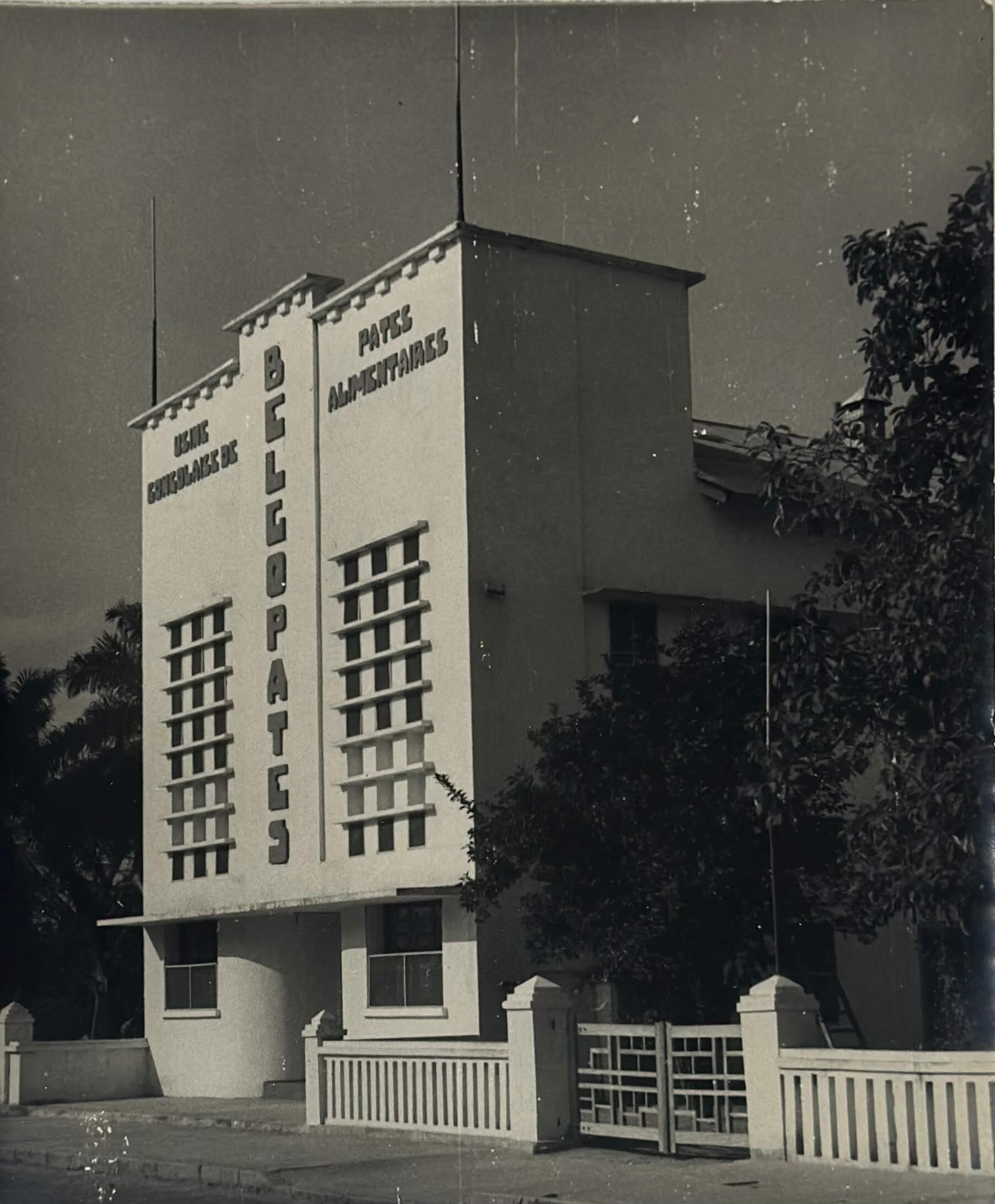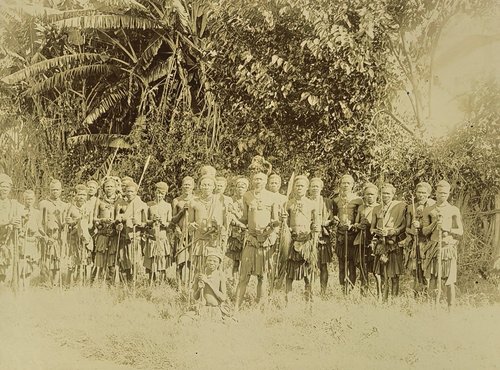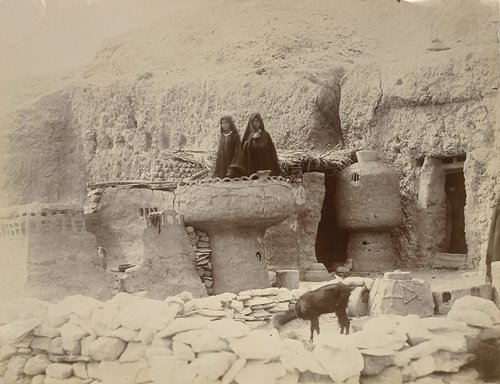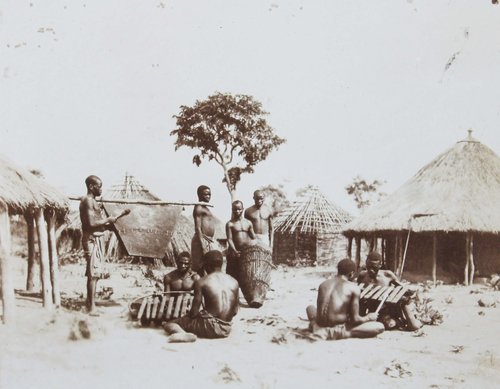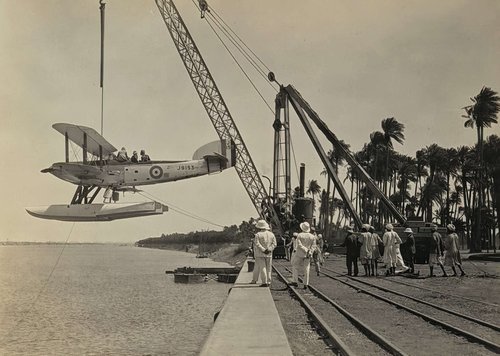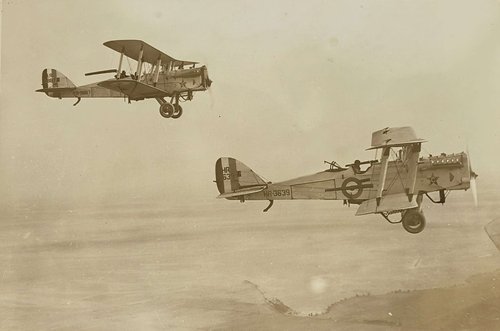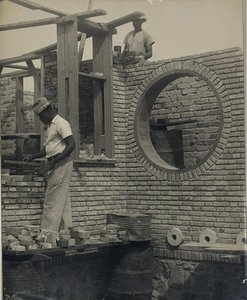
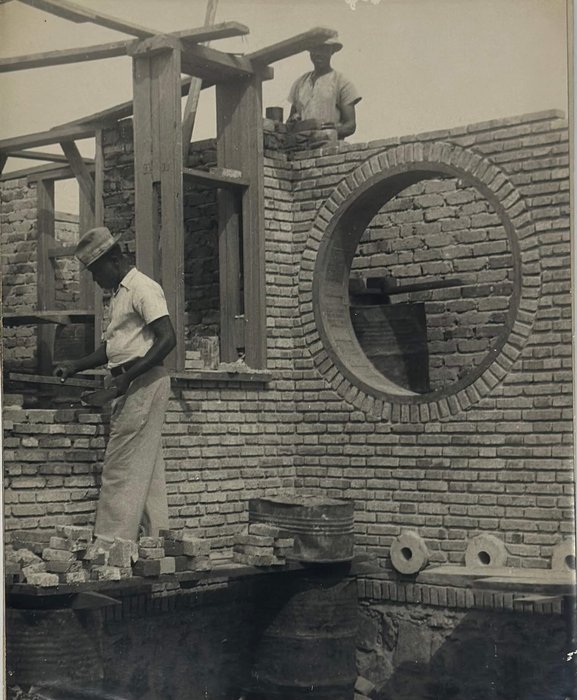
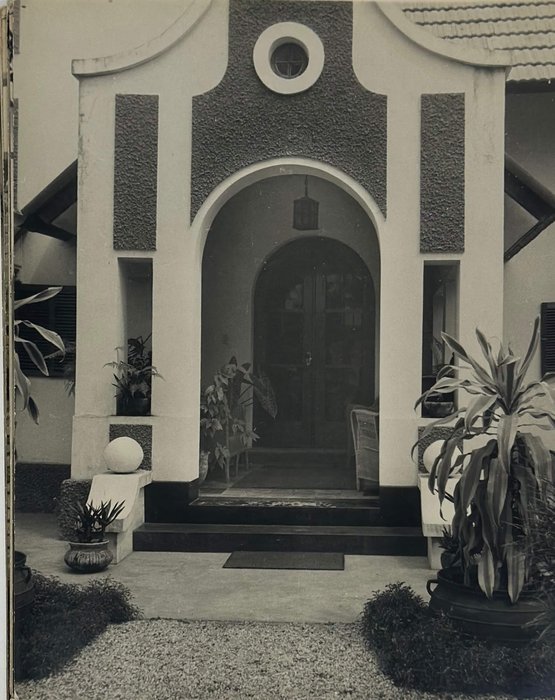
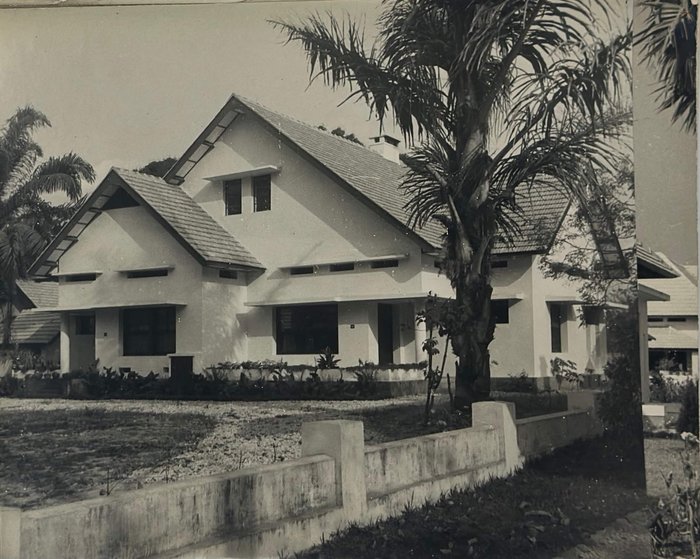
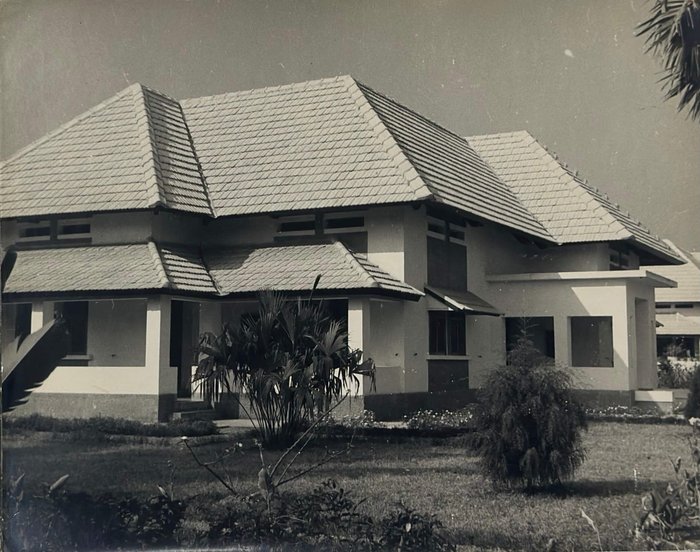
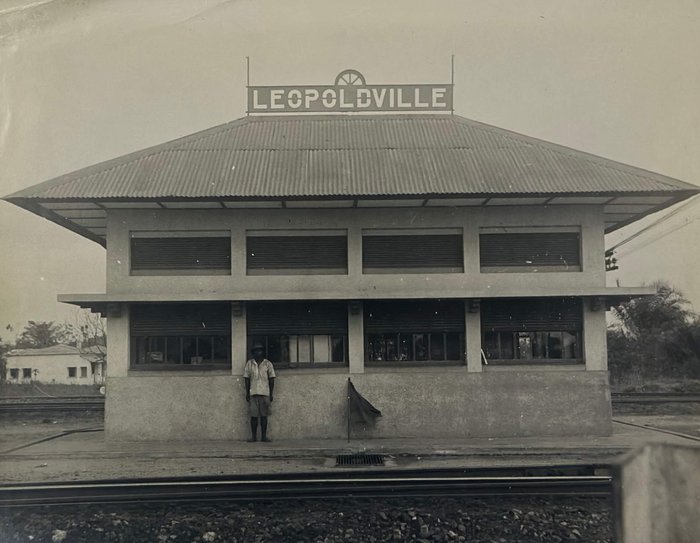
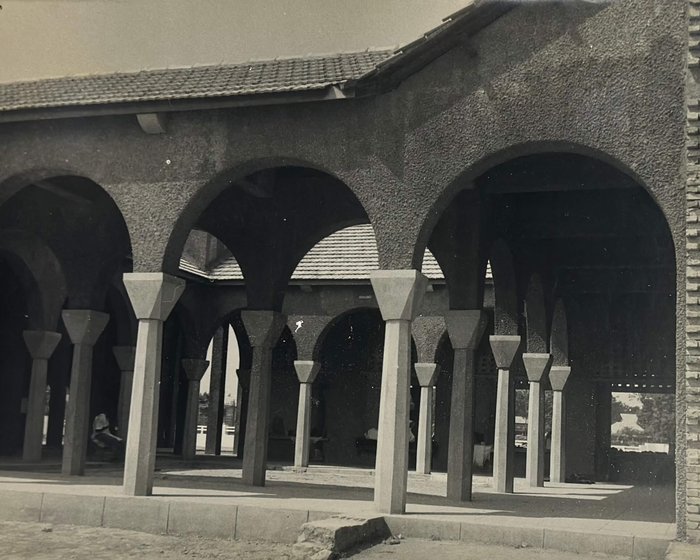
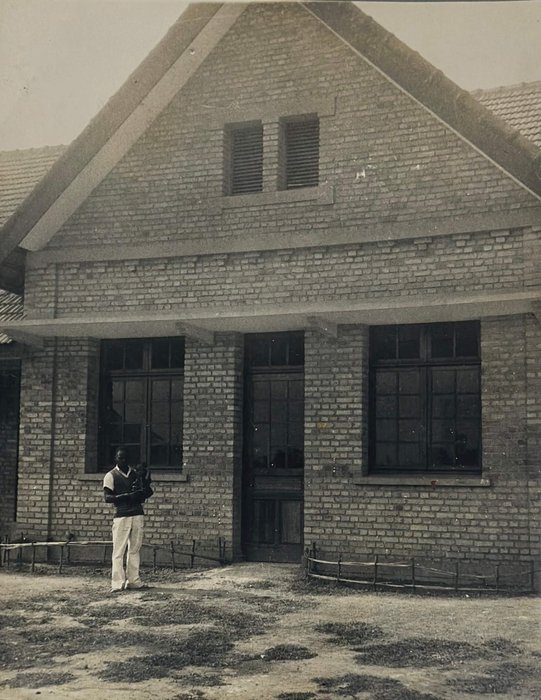
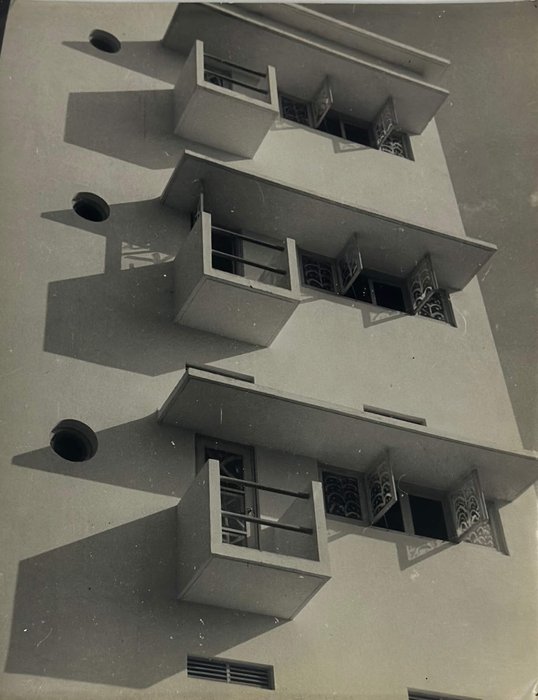
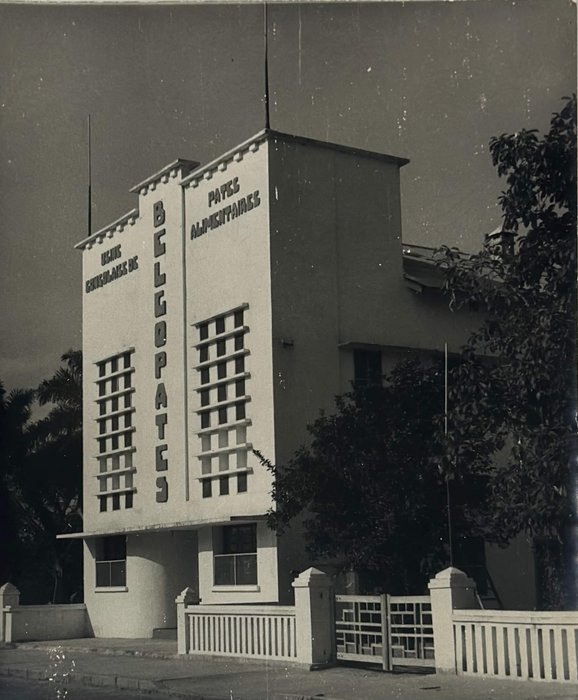
#PD4
Ca. 1910
Seventeen unmounted gelatin silver prints, including six larger ones ca. 12x17 cm (ca. 4 ¾ x 6 ¾ in), and seven smaller ones ca. 6,5x10,5 cm (2 ½ x 4 ¼ in), with three images in between those sizes. The majority with manuscript pencil captions in French on verso. The photographs are sharp and in very good condition.
This collection includes early views of Boma – the capital of Belgian Congo – its streets and the house of the “Chef Batailon”, and three views of Fort de Shinkakasa built near Boma in 1891, also a panorama of the Congo river with the fort on the right and Boma in the distance. Several views of Lusambo show its streets, river and a church under construction. There are also photos of a small village on the Kwamouth river and images of local people shown next to their houses, with ox driven carts during the cotton harvest, etc.
“Boma is a port town, on the Congo River some 100 km upstream from the Atlantic Ocean, in the Bas-Congo province of the Democratic Republic of the Congo. Boma was the capital city of the Congo Free State and Belgian Congo (the modern Democratic Republic of the Congo) from 1 May 1886 to 1926, when the capital was moved to Léopoldville (since renamed Kinshasa)” (Wikipedia).
“Lusambo is a town and territory in the Sankuru district of the Kasai-Oriental province, Democratic Republic of the Congo. The town lies north of the confluence of the Sankuru River and the Lubi River. In 1890 Lusambo was chosen by Paul Le Marinel as the main Belgian base in the Kasai region to defend against the threat of Arab or Swahili traders in slaves and ivory who were encroaching from the east. The station would soon become one of the most important military posts of the Congo Free State with a permanent staff of seventeen whites, six hundred native soldiers and four artillery pieces” (Wikipedia).

